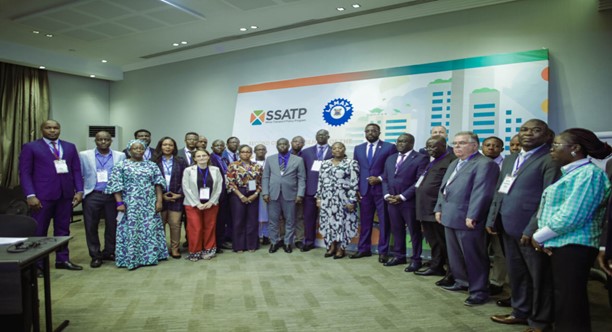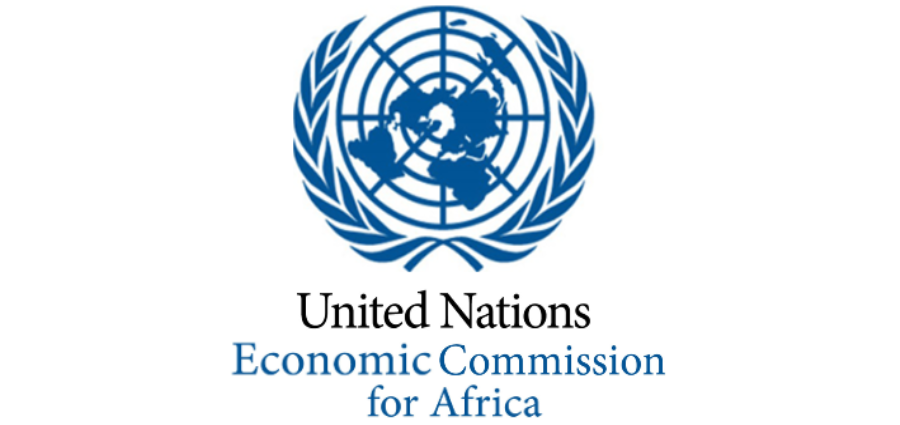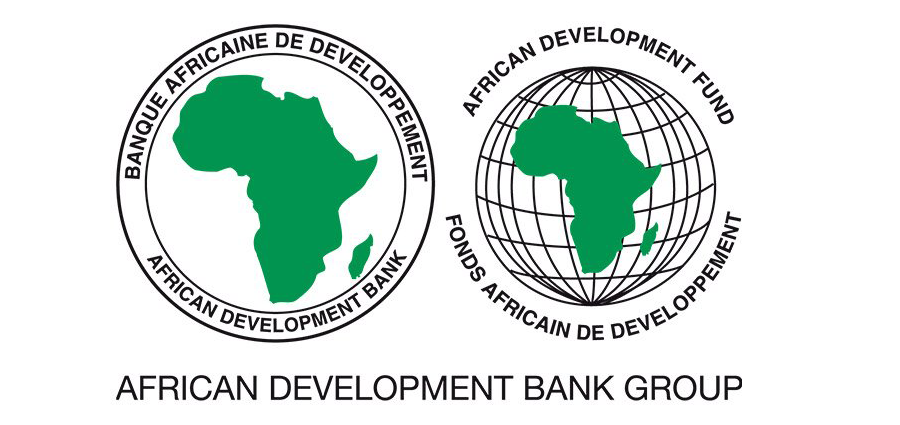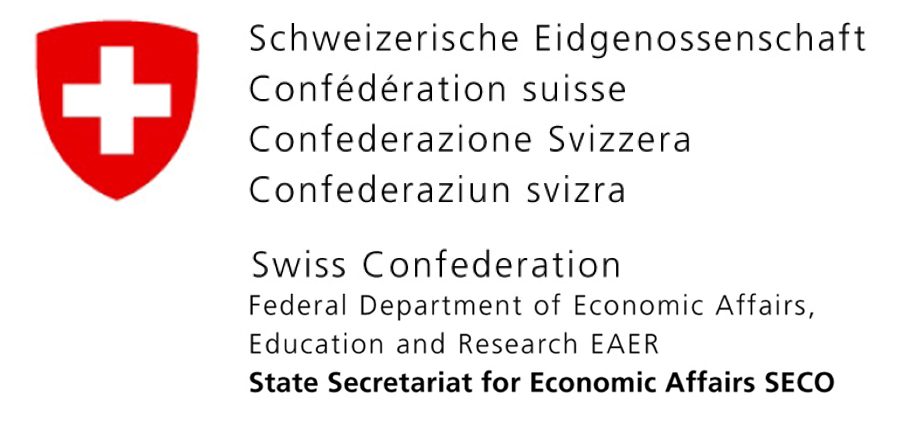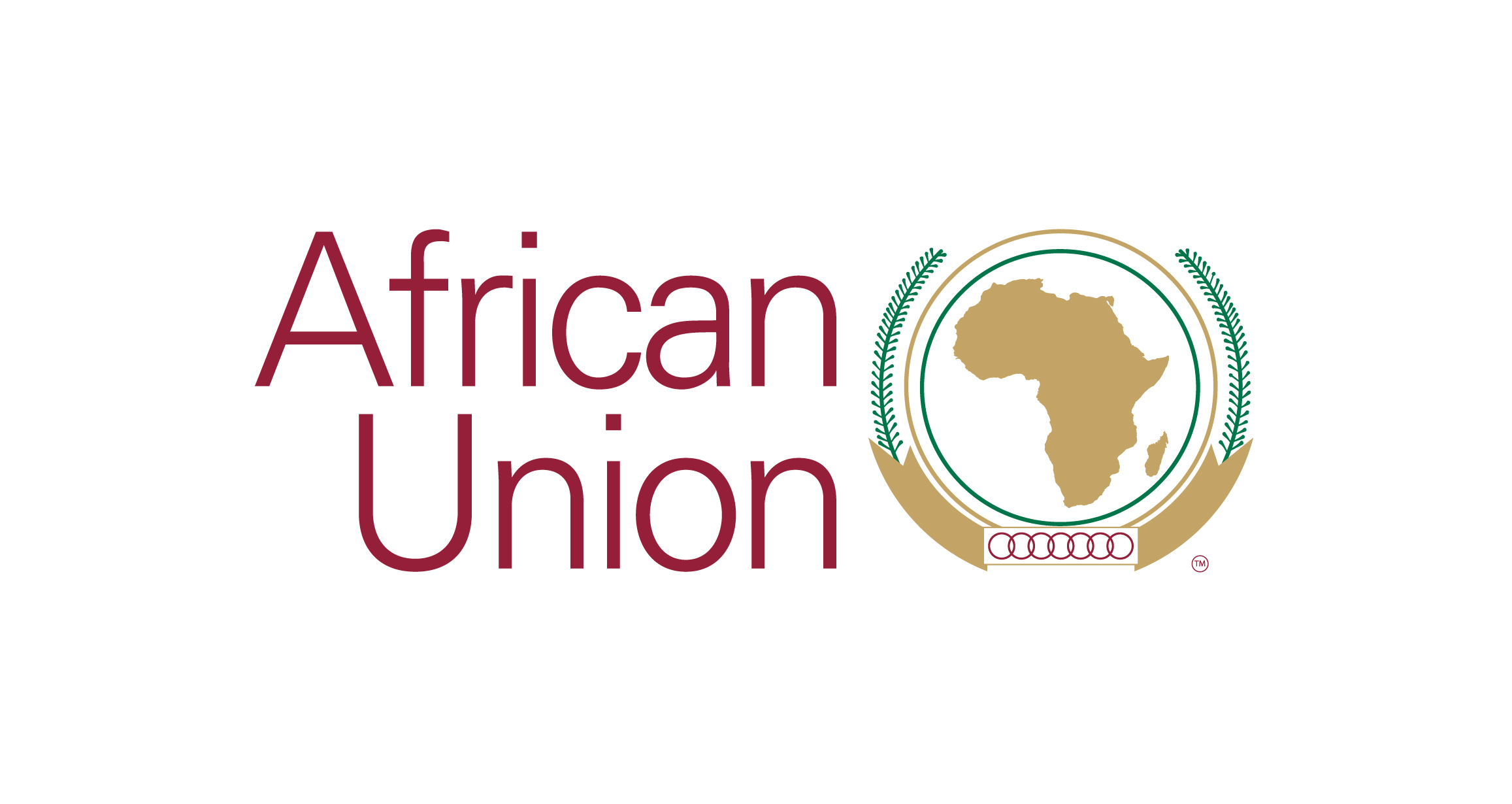AUMA's Second General Assembly Sets Ambitious Path for the Future of Urban Mobility in Africa
Within Africa's evolving urban mobility landscape, the African Association of Urban Mobility Authorities (AUMA) has emerged as a beacon for collaboration, knowledge exchange, and capacity building in the continent. On November 6 and 7, 2023, the nascent association held its second general assembly in the bustling city of Lagos, Nigeria. The event marked a significant milestone in advancing the planning, coordination, regulation, management, and financing of urban transport systems in the region.
Global Participation Reflecting AUMA's Growing Influence
Organized and hosted by the Lagos Metropolitan Area Transport Authority (LAMATA) with the support of the Africa Transport Policy Program (SSATP), the assembly brought together 36 delegates from 12 African countries, including Burkina Faso, Ghana, South Africa, Sierra Leone, Senegal, Ethiopia, Mozambique, Guinea, Cote d’Ivoire, Cameroon, and Nigeria. Their participation underscores AUMA's increasing influence and relevance across the continent.
Notable guests included representatives from Lagos State’s Ministry of Transportation and Ministry of Physical Planning and Urban Development, alongside officials from LAMATA. As host of the event, Engr. Abimbola Akinajo, Managing Director of LAMATA and the 1st Vice President of AUMA, delivered the opening remarks followed by an overview of the association presented by Dr. Thierno Birahim, Managing Director of CETUD and President of AUMA. The event’s main keynote address was given by Hon. Oluwaseun Osiyemi, the Commissioner of Transport, representing the Governor of Lagos State. Other distinguished guests included Special Advisers to the Governor on Transportation, Hon. Sola Giwa, and Climate Change, Mrs. Titilayo Oshodi.
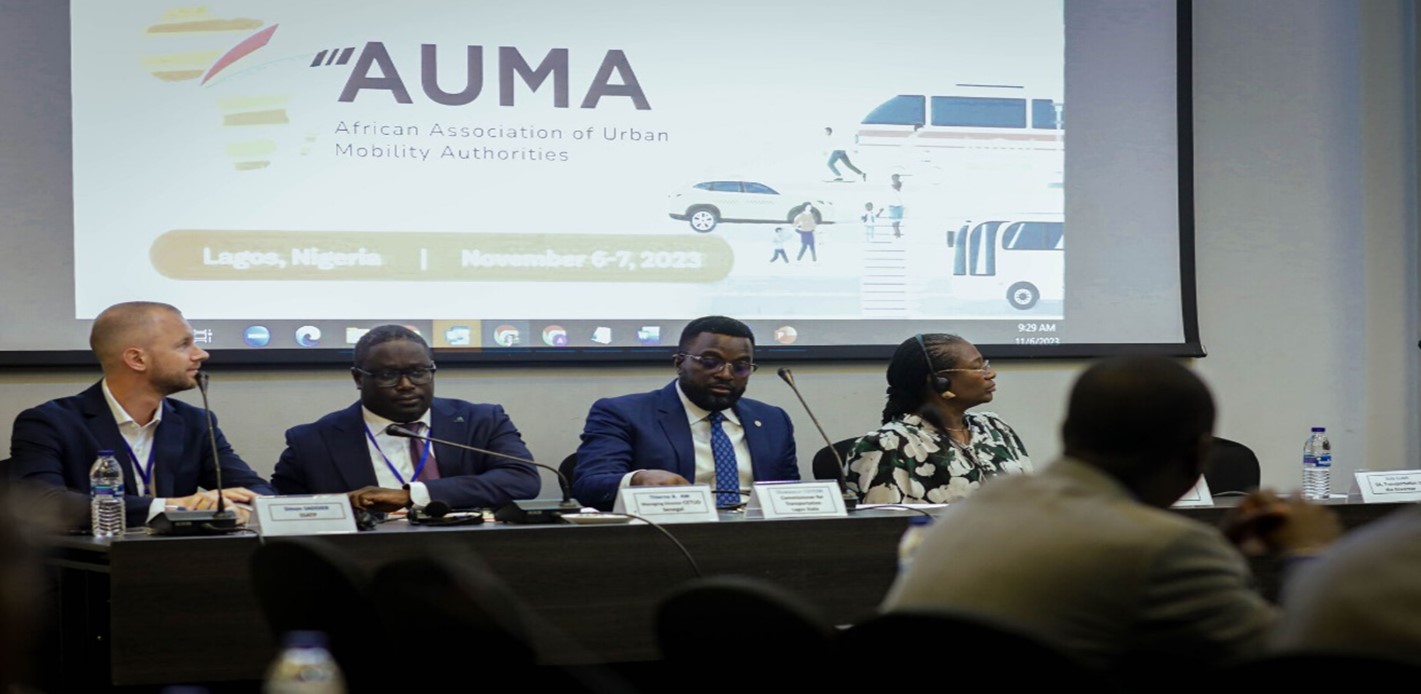
Insightful Case Studies and Panel Discussions
The assembly featured thought-provoking panel discussions, with two impactful case studies taking center stage. The first case study, presented by CETUD and SSATP, delved into the "Professionalization of the informal sector through fleet renewal (the case of Dakar)." This case highlighted the importance of involving operators in the renewal process, innovative financing tools and sustainable resource management.
The second case study, themed "LAMATA: past, present, and future," provided an overview of Lagos' remarkable experience in organizing urban mobility. LAMATA's success in positioning itself as a key player in the modernization and coordination of mobility activities in Lagos was emphasized, highlighting significant achievements such as the commissioning of BRT lines and metro services.
Moderated by Idrissa Sibailly, Senior Transport Economist of the World Bank, another panel addressed the challenges of financing urban mobility and explored models and instruments for urban mobility authorities in setting fares."
AUMA's Vision for the Future: Business Plan and Strategic Focus
Chaired by the Executive Committee of the Association, the General Assembly Meeting revolved around the presentation and discussion of a comprehensive business plan for the period 2024-2029, prepared by the AUMA Executive Secretariat. Structured around organizational and thematic technical activities, the Assembly unanimously agreed to focus on three main themes for its initial five-year business plan cycle:
- Governance and financing of urban mobility
- Mobility planning and development of mass transit systems
- Professionalization of paratransit
Working groups have been established to define and implement various activities, including position papers, technical studies, and capacity-building initiatives.

Technical Visit and way forward
A technical visit provided participants with valuable insights into the challenges faced by LAMATA in setting up an efficient mobility system in Lagos. Highlights of the study tour included the first (blue) line of the Lagos metro, lagoon transport, a Bus Rapid Transit (BRT) line with electric buses, and the IKEJA multimodal interchange – part of the second (red) line of the metro currently under construction. The visit also showcased Lagos’ ticketing and fare integration model using the Cowry payment card.
***
As AUMA ramps up efforts to spearhead knowledge and capacity building initiatives, the second general assembly served as a testament to its commitment to shaping the future of transport in Africa. The collaboration, insights, and strategic plans developed during the assembly set the stage for a transformative journey towards sustainable and efficient urban transport systems across the continent. Looking forward, the continued engagement of its members and stakeholders will be key in driving positive change for the benefit of all.
